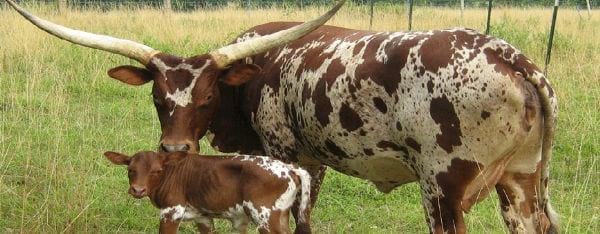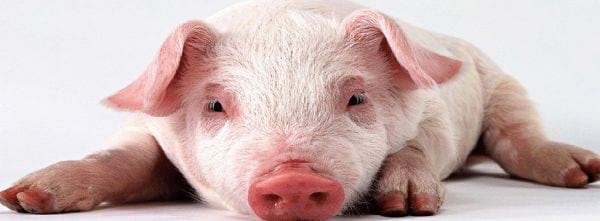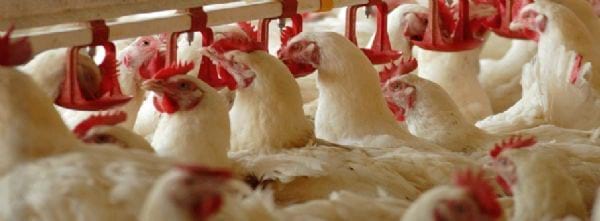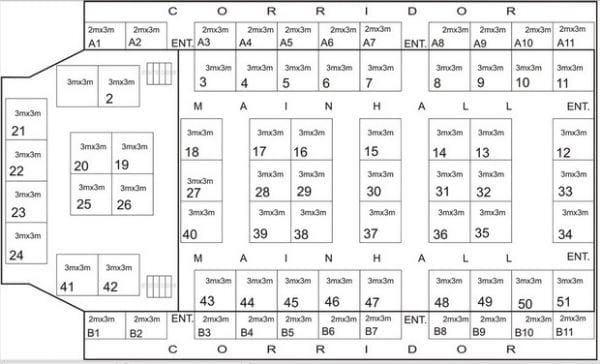Ghana Livestock Industry
Ghana has a human population of 24 million and Livestock production is a major feature in Ghana's agriculture and contributes largely towards meeting food needs, providing draught power, manure to maintain soil fertility and structure and cash income. The livestock sector contributes in direct products about 7 percent of agricultural GDP.

Domestic livestock meat production amounted to 66,283 metric tons in the year 2000, of which beef contributed about 27 percent, mutton about 18 percent, goat meat and pig meat about 17 percent each, and poultry meat about 21 percent. In 2010 Ghana imports approximately 200,000 tonnes of chicken per year, valued at US$200 million, which equates to approximately 2.7 million chickens per week.
Livestock population stood at 1.37 million cattle, 3.11 million sheep and 3.6 million goats and 29.5 million poultry.
Poultry production in Ghana includes local and exotic breeds of chicken, turkey, Guinea fowl, duck, quail, pigeon, and ostrich. Exotic Breeds used for commercial production, usually imported or hatched locally from established parent stock or imported eggs.

Commercial poultry operations are found mostly in the urban areas of Greater Accra and Ashanti administrative regions. Three hundred eighty large-scale operations exist in the country, each with stocks of over 10,000 birds. Most large-scale operations are egg producers, with some raising exotic breeds of broiler chickens, Guinea fowl, and turkeys for meat. These operations manage their own feedmills. Some maintain hatcheries and parent stocks. Almost 1,000 small- to medium-scale (50 to 10,000 birds) facilities operate in the country. They rely on external suppliers for day-old chicks and feed.
Seven hatcheries, four in Ashanti, two in Greater Accra, and one in the Eastern region, produce day-old chicks and Guinea fowl keets for commercial production. All but three of the facilities rely on imported fertile eggs. The country has 12 feedmilling companies.
Stage show for the following companies-
- Poultry- Breeders, Layers, Broilers, Integrators, etc.
- Animal Health Care companies (drugs, vaccines, disinfectants...)
- Laboratories pharmaceutical and veterinary biologicals
- Additives and nutritional supplement for animals
- Distribution Companies
- Veterinary Instrumentation, equipment and veterinary equipment
- Bulk drug intermediates, Pharmaceutical formulations, Vitamins
- Formulation, manufacturing, marketing feed
- Equipment manufacturing feed for the factory and a farm
- Milking equipment (milking rooms, cold, tanks)
- Genetics (heifers, bulls), artificial insemination, embryo transfer.....etc.

FLOOR PLAN
